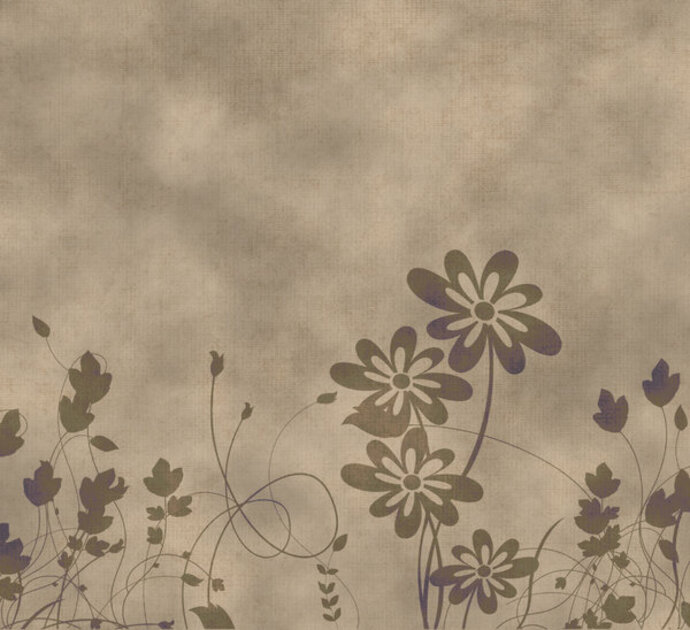
Our Gemara on Amud Beis discusses a time when it was decided that Chalitzah is preferred over Yibum. The reason is as Yibum is essentially a violation of marrying the wife of a brother, it should only be permitted if the mitzvah is performed with pure intentions instead of lustful ends. The Gemara then entertains a suggestion that at a later date, they reverted back to recommending Yibum over Chalitzah, to which they Gemara incredulously exclaims, “Are we to believe that a later generation should become more righteous?” In lother words, there is simply no way to accept that the successive generations would improve their religious observance and fear of God.
This is a well known idea of Niskatnu Hadoros, and is expressed throughout the Gemara, such as what is stated in Shabbos (112b):
If the early generations are characterized as sons of angels, we are the sons of men. And if the early generations are characterized as the sons of men, we are akin to donkeys. And I do not mean that we are akin to either the donkey of Rabbi Ḥanina ben Dosa or the donkey of Rabbi Pinḥas ben Yair, who were both extraordinarily intelligent donkeys; rather, we are akin to other typical donkeys.
This raises the question, if every generation deteriorates, what is the value of continuing? Rav Tzaddok (Divrei Sofrim 23) explains:
Though it is true that the generations continue to deteriorate in spiritual stature, nevertheless their is a core essence in the Jewish heart that continues to develop and complete itself until the end times. What is in the depth of the heart does not manifest itself due to the power of the evil inclination that surrounds each and every person…Yet, in every generation, when the righteous resist temptation, they accrue a benefit to the collective hearts of the Jewish people. Even though on a practical level, the temptations block the typical Jew from expressing this deep quality of the heart, it still remains inside, Thus, every generation accrues even greater levels in potential.
I believe Rav Tzaddok is asserting that the collective experience of Jewish life and practice in Torah accrues benefits that theoretically should make each successive generation better than the next. On a practical level though, each generation succumbs more and more to the seduction of the evil inclination. This implies though, that should an individual righteous person overcome these handicaps, he or she has the potential in the accumulated wisdom of the Jewish heart to enact greater achievements than the prior generation.

 Previous
Previous
